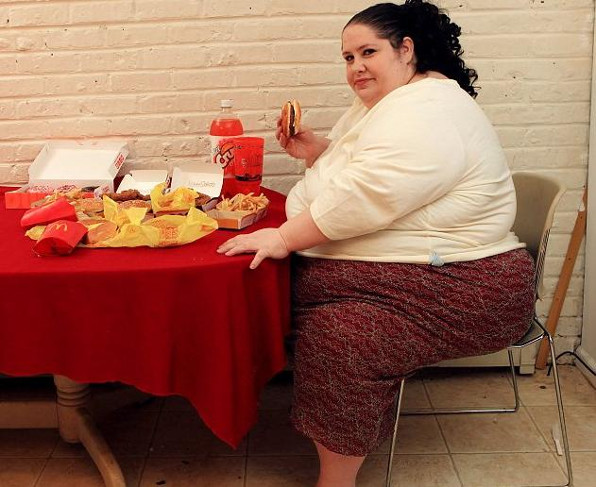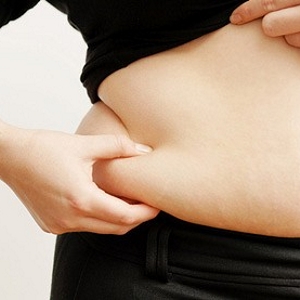Time for another break from COVID-19 oriented news. Although, today’s post does have a tenuous, 6-degrees-of-separation sort of link to the pandemic. We have the latest on weight loss and maintenance studies, since the experts have warned that the stay-home lifestyle may lead to weight gain…
 Those who are out of shape when they start a weight loss plan are doomed
Those who are out of shape when they start a weight loss plan are doomed
to experience poorer results than those who are willing and able
to do more moderate-to-vigorous exercise each day…
Too much of a bad thing?
In previous posts, we’ve discussed the warnings from nutritionists and doctors that the sedentary, snacking-oriented stay home regimen being employed worldwide to fight COVID-19 can lead to weight gain – weight that might be hard to shed once the crisis is over and we can all get out and resume more or less normal lives. And we all know that excess weight can lead to heart disease, high blood pressure, type 2 diabetes and, at the extreme, shorter life expectancy from all causes.
Now researchers have produced evidence to prove some aspects of dieting we have long suspected.
Most diets lead to only temporary weight loss
A team of international researchers conducted 121 similar trials with a total of 21,942 patients (average age 49) who followed a popular named diet or an alternative control diet, and reported weight loss and changes in cardiovascular risk factors.
They found that most diets, whether named (i.e.- Mediterranean, Atkins, DASH) or generically formulated (i.e.- low Carbohydrate, low Fat) all resulted in modest weight loss (average 4 – 5 kg / 8 – 11 lb.) over a period of 6 months. However, after a year, the benefits obtained from all diets had disappeared.
According to an abstract of the study report, “Differences between diets are […] generally trivial to small, implying that for short-term cardiovascular benefit people can choose the diet they prefer from among [the many] available diets without concern about the magnitude of benefits.
“The extensive range of popular diets analysed ‘provides a plethora of choice but no clear winner,’ say researchers at Monash University of Australia, in a linked editorial. As such, they suggest conversations should shift away from specific choice of diet, and focus instead on how best to maintain any weight loss achieved.”
Poor physical condition impedes weight loss
Researchers at the University of Colorado wanted top determine how a person’s physical fitness at the outset of a weight loss regimen affected their success.
According to an abstract of the study report, “the relationship between a person’s level of fitness at the beginning of the study and weight loss at the end of an 18-month behavioral weight loss program. The program combined a calorie-restricted diet, group-based behavioral support, and six months of supervised exercise. The study included 60 adults with obesity or overweight. Participants exercised under supervision for the first six months of the study.”
Participants were divided into two groups: those with ‘very poor’ fitness and those with ‘poor or better’ fitness, as determined by Body Mass Index (BMI) – a measure of body fat based on height and weight.
There were no significant differences between the two groups in weight change at 6 or 12 months. At 18 months, however, those in the ‘poor or better’ category lost nearly twice as much weight as those who had ‘very poor’ fitness at the start of the study – an average of 18 pounds versus 9.5 pounds.
One theory about why the ‘poor or better’ test subjects lost more weight was that they were willing and able to do more moderate-to-vigourous activity; an average of 42 minutes a day compared to 24 minutes for the ‘very poor’ group.
My take
I’ve always maintained that the big diet companies make a killing because adherents to their regimes discover that the only way for them to maintain weight loss is to keep doing the diet. And I agree with the authors of the second study that it’s more important to maintain a vigorous activity regimen than it is to necessarily follow any specific diet. Which brings us back to the basic recommendations of most Western health officials, to eat a diet high in Fresh Fruits and Vegetables, and Whole Grains, while cutting back on the Animal Protein and, Saturated Fats and Salt.
And I wish to take this opportunity to re-state my previous contention that the best way to ensure you get enough moderate-to-vigorous activity every day is to get a dog and take it for long walks!
~ Maggie J.

